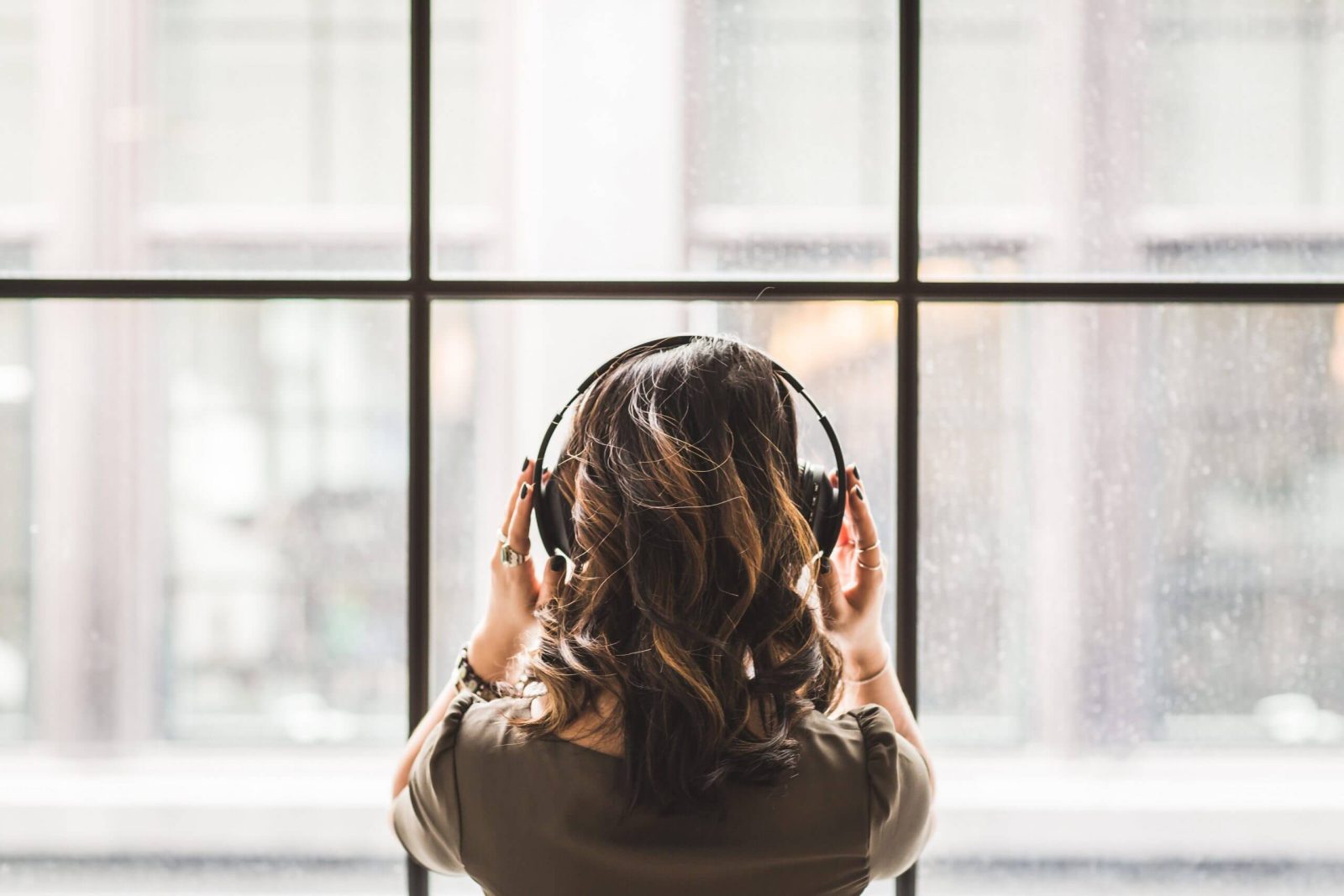Learning how to stay emotionally and mentally afloat is as important now as ever. Last year, Statista.com reported that 33% of adults in the United States experienced anxiety, depression, and stress.
In addition, people are coping as best they can. While some find comfort in a new hobby, others are looking for professional help.
In these uncertain times, we all need to put ourselves at peace. Indeed, we may not be able to control what’s happening around us, but at least we can control how our mind responds to the difficulties that this health crisis is throwing at us.
It all starts with learning a few important relaxation techniques:
1. Sit down and breathe
Although they are a basic way to put yourself at ease, deep breathing exercises can also help mitigate the more serious effects of an anxiety attack. According to an article in the Harvard Medical School blog, deep abdominal breathing can help slow the heartbeat and lower or stabilize blood pressure.
So, if you are hypertensive and prone to stress, take time to sit down and practice breath focus techniques. Make sure that your abdomen is fully expanded before exhaling. Do it for about five cycles or until you feel calmer.
2. Practice muscle relaxation
Anxiety also comes with muscle tension. The more your muscles tense up, the more difficult it gets to relax.
If you experience this during periods of heightened nervousness, you might want to practice what is known as progressive muscle relaxation or PMR. As one of many relaxation techniques, PMR can relieve tension and make it easier for you to process your thoughts.
Doing PMR is easy. You just need to find a quiet place where you can feel comfortable. Once you are settled, begin tensing your muscles starting from the toes. Hold it for a few seconds, release the tension, and work your way up. Do deep breathing as you do so.
3. Count to 100
While prescribed mostly as an anger management measure, counting to 100 can also help you achieve relaxation.
If you are confronted with an anxiety-inducing situation, try to close your eyes and count to 20. If you are still not relaxed, keep counting to 30, and so on. Don’t rush. Pace yourself as you count.
Through counting, you can distract your mind from the situation so your mind and body can focus on relaxing.
4. Talk to a friend
Of all the relaxation techniques you can use, nothing can replace the relief that human interaction gives you.
Being isolated from people you know for a long time, your desire for social comfort will definitely put you at ease. Whether it’s in-person or online, strike up a conversation with a friend or a family member. Catch up and talk about how past and present are affecting you.
Another option is to open up to a professional. There are mental health clinics out there that can discuss what you are going through while planning a long-term solution to keep your mind at ease.
Relaxation isn’t a luxury considering these difficult times. All you need is to find time to practice the relaxation techniques above. But if you feel as though none of these will work, reach out to a mental health center that specializes in treating anxiety.
If you are in Grapevine, TX, you won’t have to look far for the right clinic. MidCities Psychiatry is ready to help you overcome your mental health challenges. Give us a call today and get more restful days!

